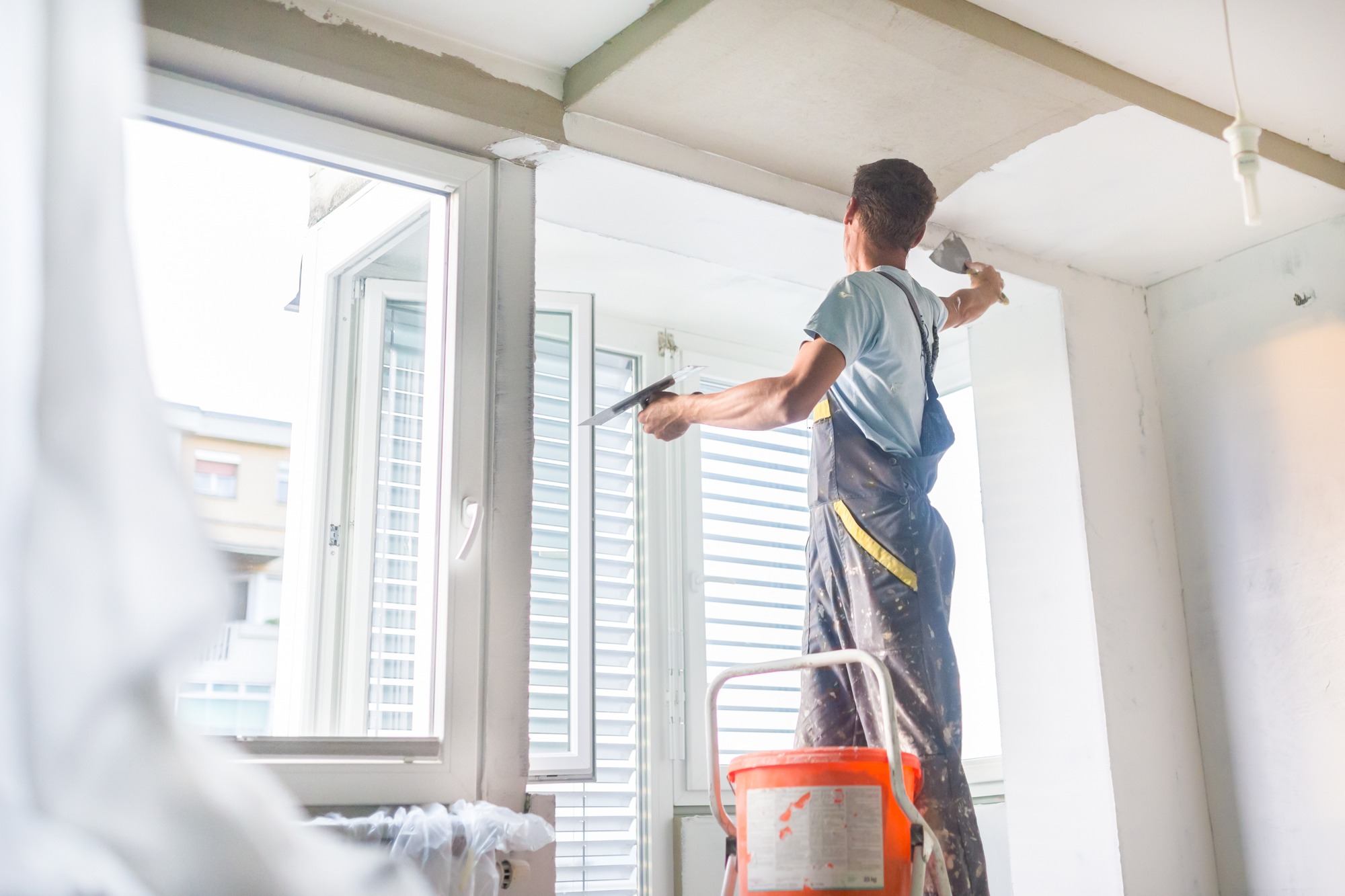
We all love good competition with a clear winner. But in the battle of turnkey versus rehab, you’re faced with a personal decision. It’s not about which is a better investment, but rather which works best for you.
The best choice depends on your goals for a rental investment. Do you want to be hands-on with a lot of time upfront to get your rental started? Or do you prefer to let someone else do the work and buy-in after the house is finished?
The choice is yours: do you want to invest more time or money?
Pros & Cons of Turnkey Investment Properties
Turnkeys are ready to go! They need little (or no) work to be listed and rented. Sometimes, they even come with a tenant.
Benefits of Turnkey Properties
If you have a low risk tolerance, you’ll like a turnkey. Sure, you’ll only make 2-4% on your money, but it’s a safer investment than a rehab. Why? The work’s been done for you. Rehabs come with a world of problems, many of which are unknown when you buy one. And if you don’t know how to deal with repairs and contractors, a turnkey is a much safer bet.
The Downside to Turnkey Properties
The biggest disadvantage of a turnkey is the limited return on your investment. There’s less room for appreciation because you’re buying at market value. Essentially, you’ve paid a premium to have all the work done.
You also have to make sure you choose the right property. If you’re not familiar with remodeled properties, you may not be able to gauge the quality of the renovations. So ask questions:
- Who did the work?
- Was the work permitted by the city?
- Does the property meet all codes?
Then check the permits on repairs. Ask for a list of the work that’s been done recently and make sure the city has signed off on a certificate of occupancy.
Also, ask why they’re selling. If it’s really a turnkey property, why are they selling a rental property that’s lucrative?
Pros & Cons of Rehab Investment Properties
Rehabs are properties you can buy at an undervalued rate because they need work. There are a lot of levels of rehabs. Think about it on a spectrum from cosmetic issues to full structural renovations. Low-level rehabs need new paint, carpet, countertops, and appliances. Extreme rehabs need foundation repairs, a new roof, and reinforced rafters in addition to cosmetic updates.
Benefits of Rehab Properties
The biggest benefit is the deal you get in your purchase. Typically, you buy a home at a significant discount, bringing you lots of appreciation after a renovation.
You also bring the property up-to-date. If you have to change the structure anyway, it’s a great time to knock down a few walls that make the house feel cramped. And when you open the space, the modern look increases your property value.
Since you’re replacing everything anyway, you can add upgrades that benefit the property over time. Durable flooring like ceramic tile and manufactured hardwood won’t need to be replaced as quickly as linoleum and carpet. Quality appliances are typically more efficient and save you money in utility costs.
Since you’re controlling the process, you’re choosing the quality. You know the contractors, see the quality of work, acquire the necessary city permits, and choose what upgrades are worthwhile. You can even choose the paint color so you can easily touch up paint in between tenants. There are no surprises later on because you’ve been a part of the process from the beginning.
You’ll also gain value. You know your property will appreciate rapidly so ultimately you owe less than the property is worth, giving your budget some breathing room.
The Downside to Rehab Properties
The biggest disadvantage is the rehab process itself. If you don’t get the right price for the work, you’ll lose in the deal. So make sure you know what you’re getting into. Do you know how to rehab a house? If not, do you know how to find, vet, and manage contractors?
And what’s your plan if you find something majorly wrong with the property? There are always surprises, some larger than others, so make sure you’re ready to handle them.
Also, you’ll need more capital upfront. Bank financing terms are more strict if you can’t move into a property immediately. So, if it’s not habitable, you’ll need to put down 20% minimum in addition to budgeting for renovations.
Rental properties are a smart investment, but the smartest choice for you depends on your resources. If you’re used to renovations and ready to pour your time into a new project that brings a big return, look for a rehab. But if you’d rather someone else handle the work, a turnkey is your best bet.


